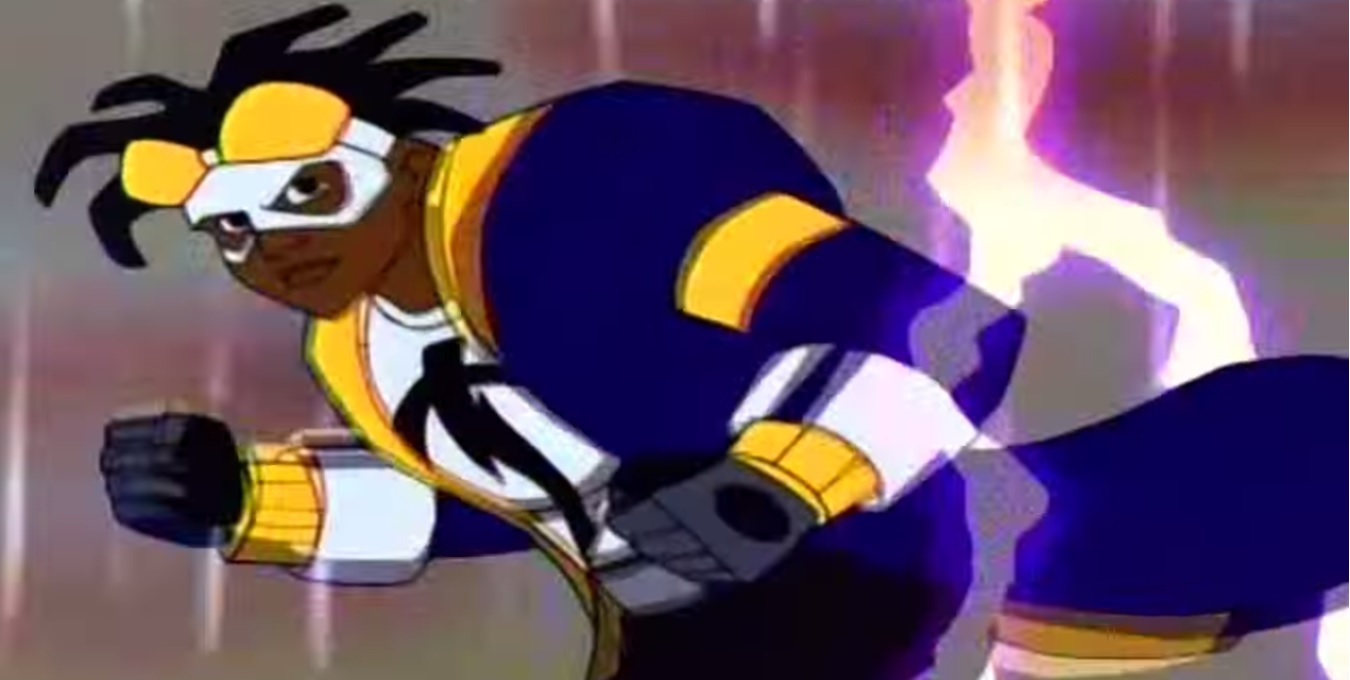You might have heard how DC is ramping up their production of their cinematic universe by delving into digital properties. One of the digital properties they’re going to create is a live-action Static Shock webseries.
If you grew up with the animated series, which made its debut in 2000, then you are probably already sucking your teeth, wondering just what DC will mess up as they translate the show from its animate form to live-action form without Static Shock‘s late creator, Dwayne McDuffie. I wondered that same question myself, so I took it upon myself to write what the team behind the live-action project should learn from the successful animated show.
Here’s a snippet from my article at EW.com, “New ‘Static Shock’: 3 lessons to learn from DC’s classic animated series“:
1. Virgil’s political and cultural weight: As a character, Virgil—the teenager who transforms into the electricity-wielding Static Shock after a gas explosion—is a cultural and political statement simply because he’s a black male lead in a genre that has only become especially multicultural in recent years. Similar to his Black Power-age predecessors (Storm and Black Lightning, to name a few), Virgil inspired a demographic of superhero fans who were thirsting for images of characters who looked like them.
Static Shock could have stopped at just having Virgil as the main character. But the show also educated viewers about Africa. The episode featuring Virgil’s family in Ghana didn’t include the usual tropes that Americans read as “Africa”; instead, viewers saw a bustling city, learned about Ghana’s history (such as gaining its independence from Britain and W.E.B. Du Bois choosing the country as his final resting place), and even got the term “pan-Africanism” thrown their way. On top of that, Static helped local hero Anansi (who’s named after the spider god featured in Ashanti myths) topple an evil plot led by, of all things, a humanoid leopard. Seeing Africa featured in a positive light meant a lot to many kids watching Static Shock—and it still means a lot, with Africa continues to be stereotyped by America as “uncivilized.”
The team behind the animated Static Shock used their platform to broaden viewers’ horizons about Africa and took to task many other aspects of our culture and society. If the web series uses its platform in the same way, it should be able to capture some of what made the animated series great.
Read the rest at EW.com!
